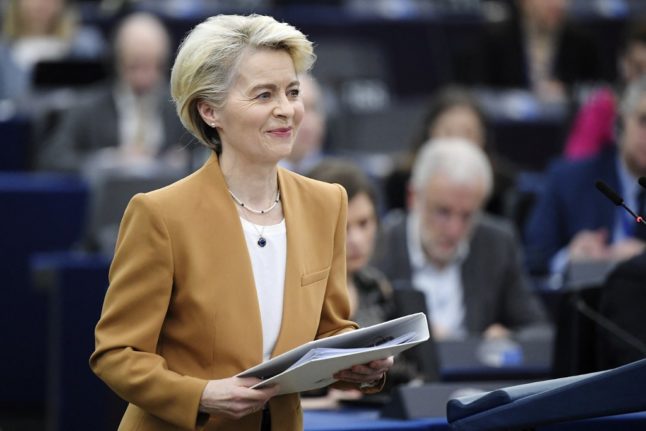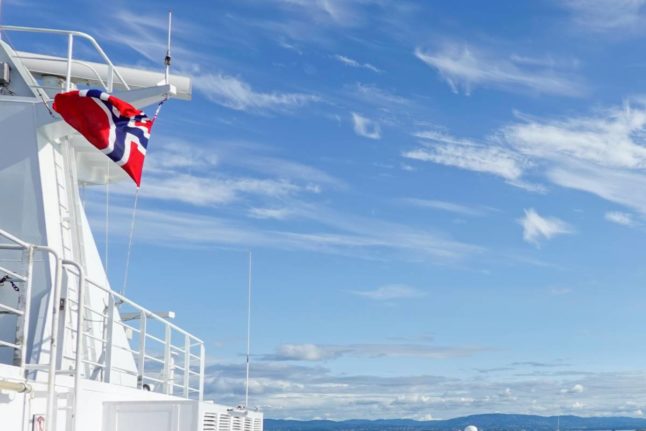Von der Leyen was visiting the Troll A platform off of Norway’s west coast with Norwegian PM Jonas Gahr Støre and former Norwegian PM and NATO Secretary General Jens Stoltenberg.
The visit to the platform on Norway’s biggest gas field comes after the Nordic country became the EU’s largest gas supplier following Russia’s invasion of Ukraine last year.
“Norway has been a very important partner and friend in the last 12 months during Russia’s terrible war in Ukraine,” Von Der Leyen said.
“Putin stopped 80 percent of the gas to the EU, but Norway stepped in and increased its production. It helped us at a critical time,” she added.
In addition, to announcing that Norway would continue to work closely with the EU to meet its energy needs, Støre and Von Der Leyen announced that the bloc and the Scandinavian country would cooperate on green energy and carbon capture storage.
The EU is already in a green alliance with Japan, with Norway becoming the first European country to enter into such an alliance with the EU. Von Der Leyen described the parties involved in the EU’s green alliances as the “Champions League”.



 Please whitelist us to continue reading.
Please whitelist us to continue reading.
Member comments